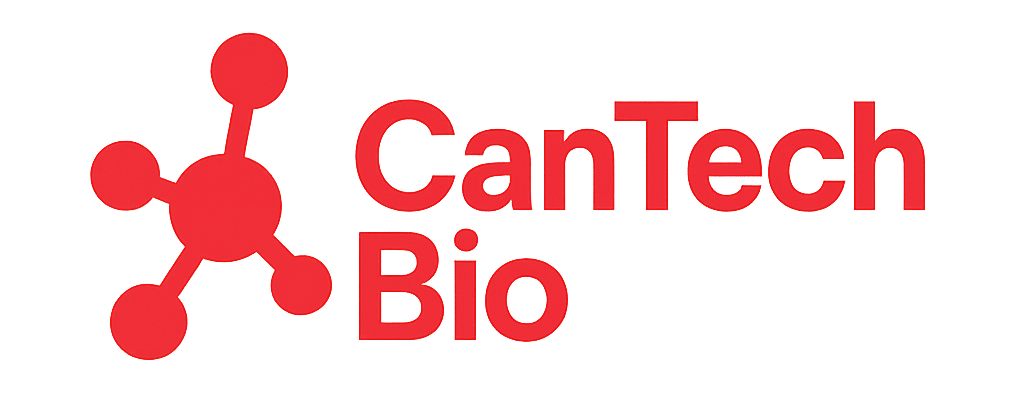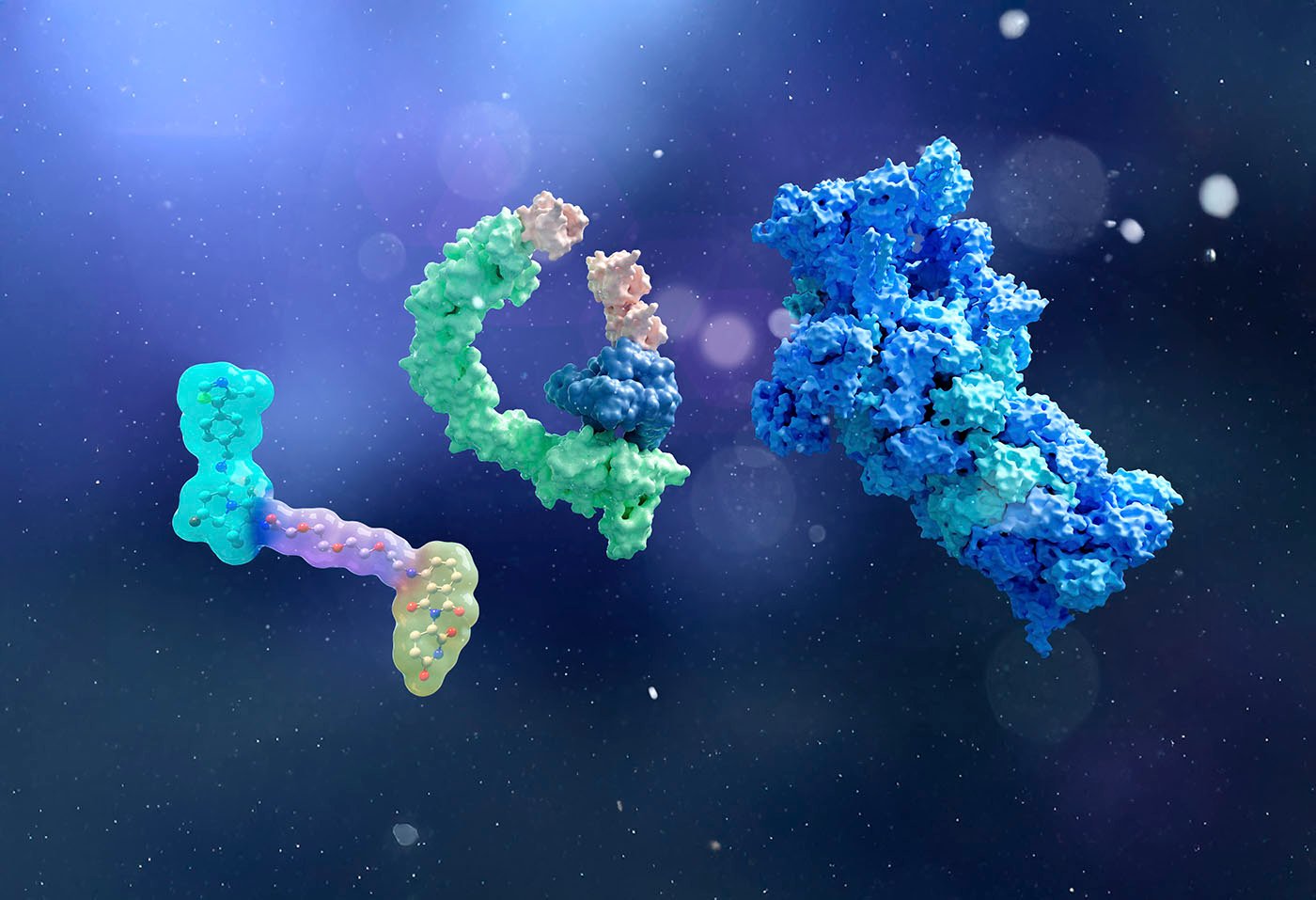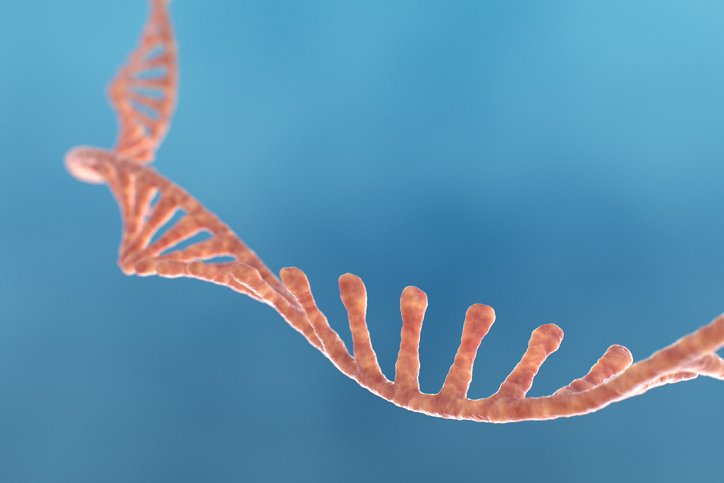VantAI, an AI-based company focused on programmable protein interactions, and Halda Therapeutics, a clinical-stage oncology company, has announced a research collaboration, worth over $1 billion in total potential value, to accelerate the discovery and development of selective proximity-based therapies across cancer and immunology indications. The agreement includes upfront payments, research support, success-based development and commercial milestones, and tiered royalties on net sales, with potential to expand the collaboration over time.
Under the partnership, VantAI will leverage its Neo-1 foundation model and NeoLink high-throughput structural proteomics platform to identify and validate novel, context-specific target-effector pairs to feed into Halda’s Regulated Induced Proximity Targeting Chimeras (RIPTAC) development pipeline.
In an interview with GEN, Zachary Carpenter, PhD, CEO of VantAI, emphasized that dysfunction in protein interactions and pathways is a generalizable driver across disease. “In theory, proximity-based therapies open entry points to eventually address every type of disease,” said Carpenter.
NeoLink is an experimental data platform that uses cross-linking mass spectrometry (XLMS) to fill the protein interaction data gap. Neo-1 is a latent diffusion model that can generate a small molecule to stabilize a protein interaction by co-folding two protein sequences. The programmable model can perform a range of tasks including molecular generation, protein design, and structure prediction.
A New York-based company, VantAI spun out of Roivant Sciences, a biopharmaceutical and health technology company that focuses on commercializing medicines and technologies by incubating subsidiary companies, in 2023. Since that time, VantAI has secured partnerships with Janssen (J&J), Blueprint Medicines, and Bristol Myers Squibb, to pursue novel targets through proximity mechanisms.
New wave
Established modalities, such as antibodies, are limited to hitting cell surface proteins that only represent a third of the human proteome. In contrast, VantAI rationally designs therapeutic protein interactions that open new therapeutic functionalities for tackling disease. Molecular glues, or small molecules that can induce protein-protein interactions, can produce a range of functional outcomes, such as relocating a target from the cytoplasm to the nucleus, enzymatic activity to regulate cell signaling by post-translational modifications, or targeting a protein for degradation.
The first wave of proximity-based therapeutics began two decades ago with the advent of proteolysis-targeting chimera (PROTAC) degraders, molecules designed to selectively degrade target proteins within cells by hijacking the cell’s natural protein disposal system, the ubiquitin-proteasome pathway. Carpenter describes Halda’s RIPTAC oncology platform as the second wave of this class of drugs.
RIPTAC takes a heterobifunctional small molecule strategy that triggers a stable ternary complex between a target protein selectively expressed in tumor cells and a protein essential for cell survival. The resulting co-operative protein-protein interaction (PPI) can eliminate the function of the essential protein, leading to selective death of cancer cells.
Under the collaboration, Halda will select oncology and immunology targets important for the company’s disease indications. VantAI will identify effector proteins best suited to perform desired therapeutic outcomes, such as apoptosis in cancer settings.
“It’s inevitable in the near future that scientists across academia and big pharma will have the desire to rewire protein interactions,” said Carpenter. “If you’re able to do this systematically and efficiently, then you can really enter a whole new level of control in biology.”
The post VantAI, Halda Therapeutics Launch $1B+ Proximity-Based Therapy Collaboration appeared first on GEN – Genetic Engineering and Biotechnology News.




